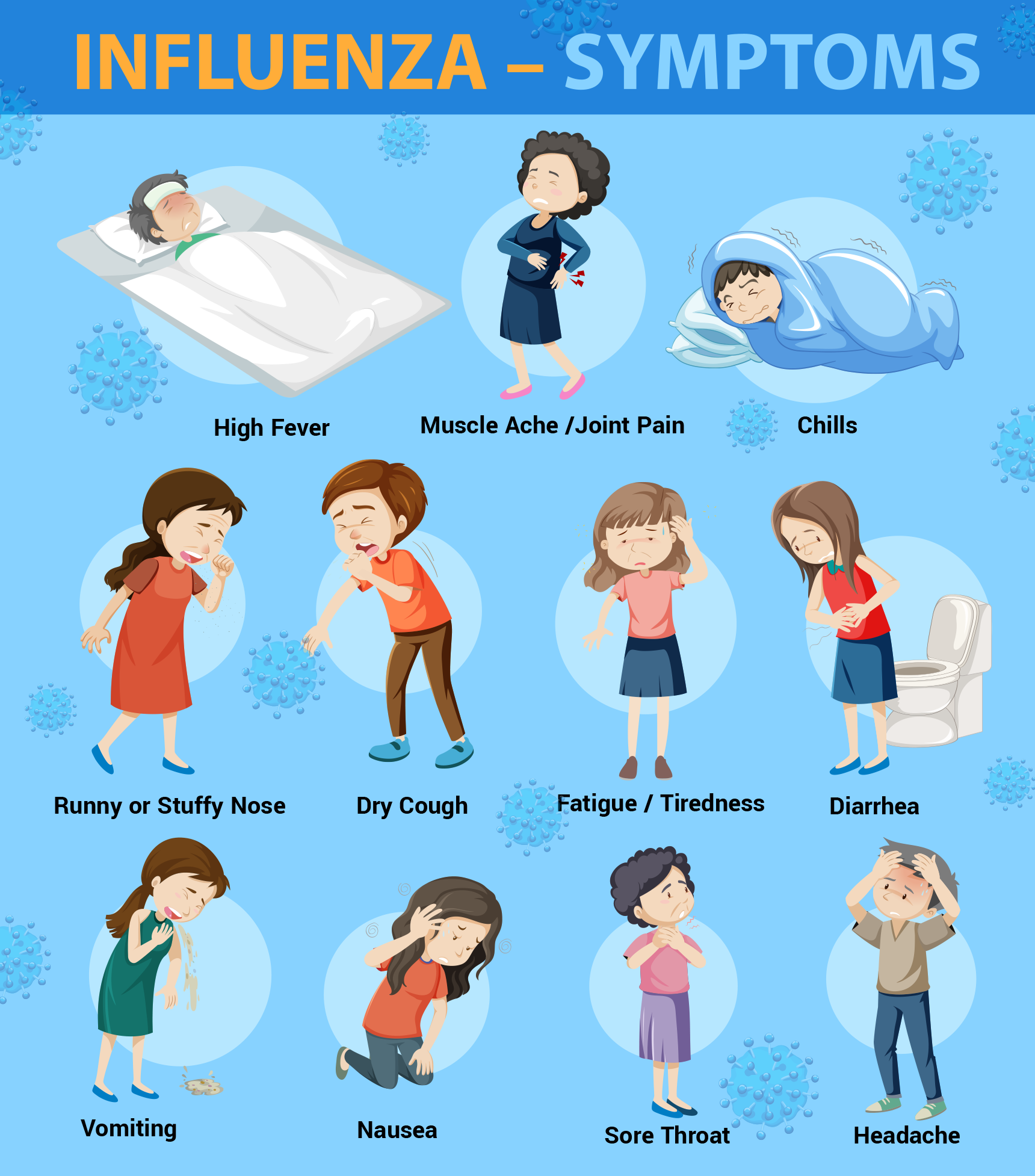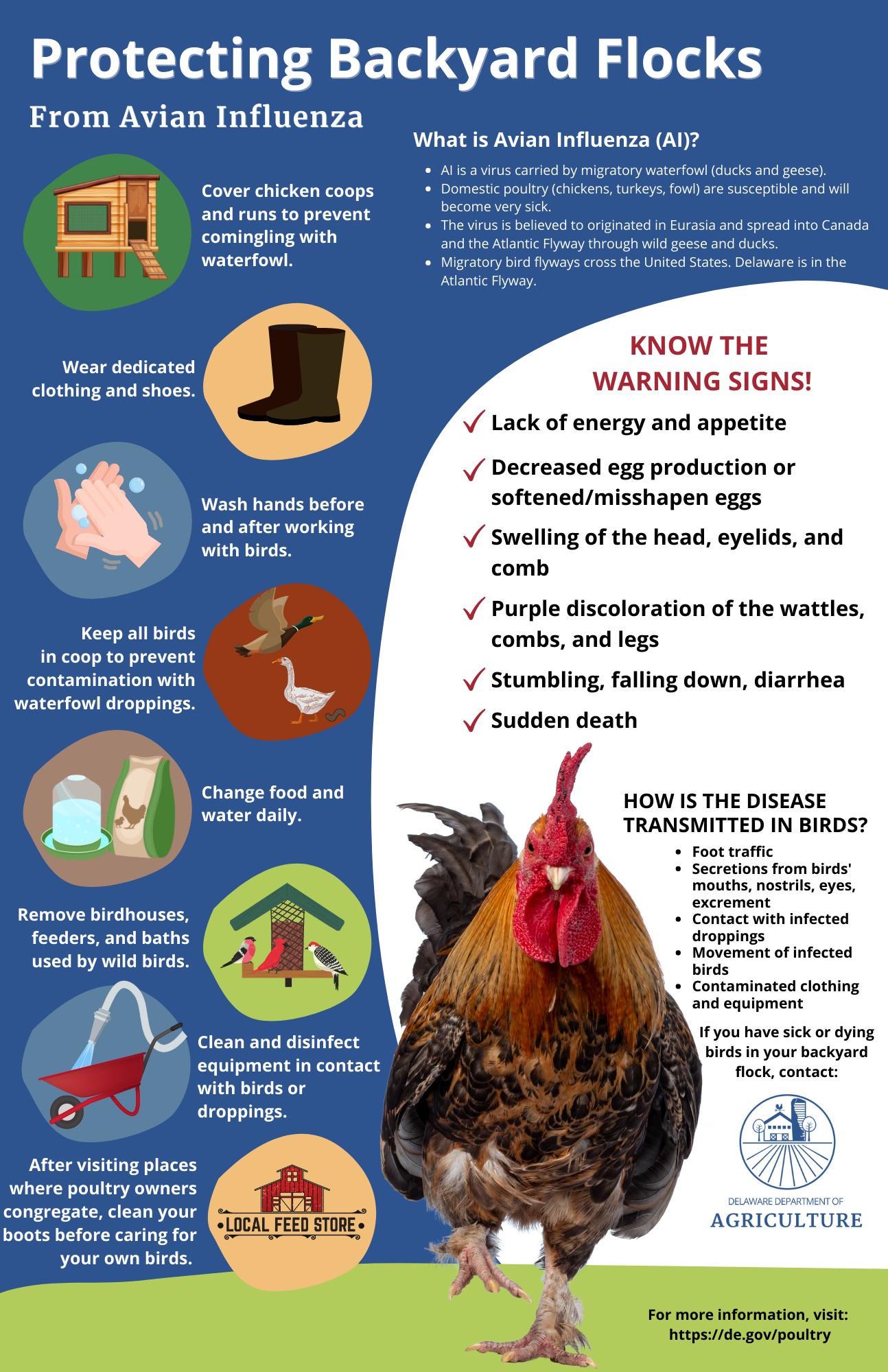## Understanding Influenza: Causes, Symptoms, Treatment, and Prevention ## — a comprehensive guide covering everything you need to know about this common yet potentially serious respiratory illness.
Editor's Notes: Understanding Influenza: Causes, Symptoms, Treatment, And Prevention have been published today date.
Influenza, commonly known as the flu, is a contagious respiratory illness caused by influenza viruses. It can range in severity from mild to life-threatening, affecting people of all ages, especially during the flu season (typically October to May in the Northern Hemisphere and April to September in the Southern Hemisphere).
Our effort:
To provide in-depth knowledge on the subject, we analyzed various credible sources, consulted with medical experts, and synthesized key information. Our goal is to empower readers with a comprehensive understanding of influenza, enabling them to make informed decisions regarding their health and well-being.
FAQ
The following Frequently Asked Questions (FAQs) provide concise and evidence-based answers regarding the causes, symptoms, treatment, and prevention of influenza:

Causes, Symptoms, & Treatment for Respiratory Allergies - Source gshospitals.in
Question 1: What are the main causes of influenza?
Influenza is caused by influenza viruses, which are divided into four types: A, B, C, and D. Influenza A and B viruses are the most common causes of seasonal epidemics.
Question 2: What are the common symptoms of influenza?
Influenza typically causes a sudden onset of symptoms, including fever, chills, body aches, headache, fatigue, and respiratory symptoms such as sore throat, runny nose, and cough.
Question 3: How is influenza treated?
Treatment for influenza includes rest, hydration, and over-the-counter medications to alleviate symptoms. Antiviral medications, such as oseltamivir or zanamivir, may be prescribed to reduce the duration and severity of symptoms.
Question 4: How can influenza be prevented?
The most effective way to prevent influenza is through annual vaccination. Other preventive measures include frequent handwashing, covering coughs and sneezes, avoiding close contact with sick individuals, and maintaining a healthy lifestyle.
Question 5: Is influenza contagious?
Yes, influenza is a highly contagious respiratory illness that can spread through droplets when an infected person coughs or sneezes. It can also be transmitted by touching surfaces or objects that have been contaminated with the virus.
Question 6: How serious can influenza be?
While most people recover from influenza within a few days, some individuals may develop severe complications, such as pneumonia, bronchitis, or even death in rare cases. High-risk groups, including the elderly, young children, and those with chronic conditions, are more susceptible to serious influenza infections.
For more in-depth information on Understanding Influenza: Causes, Symptoms, Treatment, and Prevention, refer to Understanding Influenza: Causes, Symptoms, Treatment, And Prevention
By understanding the causes, symptoms, treatment, and prevention of influenza, we can effectively protect ourselves and others from this contagious and potentially serious illness.
Tips
To reduce your risk of contracting or spreading the flu, it is crucial to take preventative measures and seek prompt medical attention if symptoms arise.
Tip 1: Get vaccinated.
Annual influenza vaccination is the most effective way to prevent the flu. The vaccine is tailored to target the strains of influenza virus most likely to circulate during the upcoming season.
Tip 2: Practice good hygiene.
Frequent handwashing with soap and water or using alcohol-based hand sanitizer helps prevent the spread of germs. Avoid touching your eyes, nose, and mouth, as these are common entry points for viruses.
Tip 3: Cover your cough and sneeze.
When coughing or sneezing, cover your mouth and nose with a tissue or your elbow. This prevents the release of respiratory droplets that may contain the virus.
Tip 4: Stay home when sick.
If you develop flu-like symptoms, stay home from work or school to prevent the spread of the virus to others.
Tip 5: See a doctor promptly.
If you experience severe symptoms, such as difficulty breathing, chest pain, or persistent fever, seek medical attention immediately. Early diagnosis and treatment can reduce the risk of complications.
By following these tips, individuals can significantly reduce their risk of contracting or transmitting influenza, contributing to a healthier community.
Key Takeaways:
- Vaccination, hygiene, and covering coughs and sneezes are essential preventative measures.
- Staying home when sick and seeking medical attention promptly can mitigate the spread and severity of the flu.
Conclusion:
Understanding the causes, symptoms, treatment, and prevention of influenza empowers individuals to protect themselves and others from this respiratory illness. By adhering to the recommended tips, we can reduce the impact of the flu on our health and well-being.
Understanding Influenza: Causes, Symptoms, Treatment, And Prevention
Influenza, commonly known as the flu, is a contagious respiratory illness with significant implications for public health worldwide. A thorough grasp of its causes, symptoms, treatment, and preventive measures is crucial for mitigating its impact on individuals and communities alike.

Influenza B 2024 Symptoms - Tani Zsazsa - Source lisbethwadel.pages.dev
In conclusion, understanding influenza encompasses a multifaceted approach involving knowledge of its viral origins, symptom recognition, treatment options, and preventive strategies. The significance of vaccination and the challenges posed by viral variability cannot be overstated. By staying informed and adopting recommended measures, individuals can effectively contribute to reducing the burden of influenza and safeguarding public health.
Understanding Influenza: Causes, Symptoms, Treatment, And Prevention
Influenza, commonly known as the flu, is a highly contagious respiratory illness caused by influenza viruses. Spread through droplets released when an infected person coughs, sneezes, or talks, influenza viruses can infect the nose, throat, and lungs. Symptoms of the flu can range from mild to severe and may include fever, chills, muscle aches, headache, fatigue, sore throat, runny nose, and cough. Influenza can lead to serious complications, including pneumonia, bronchitis, and hospitalization. Understanding the causes, symptoms, treatment, and prevention of influenza is critical for individuals and public health systems.

Bird Flu 2025 Symptoms In Birds - Wanda Langdon - Source wandalangdon.pages.dev
The influenza virus is classified into three types: A, B, and C. Influenza A and B viruses cause seasonal epidemics, while influenza C virus typically causes milder infections. Influenza viruses undergo genetic changes over time, leading to the emergence of new strains. These strains can differ in their virulence and ability to evade immunity. Understanding the genetic characteristics and antigenic properties of influenza viruses is essential for developing effective vaccines and antiviral medications.
Treatment for influenza primarily focuses on relieving symptoms and preventing complications. Antiviral medications, such as oseltamivir and zanamivir, can be used to reduce the severity and duration of influenza symptoms. These medications are most effective when taken within the first 48 hours of illness onset. Rest, fluids, and over-the-counter medications can also help alleviate symptoms. In severe cases, hospitalization may be necessary for supportive care, including oxygen therapy and mechanical ventilation.
Prevention of influenza is the most effective way to reduce the burden of the disease. Annual vaccination is the primary prevention strategy. Influenza vaccines are updated each year to match the circulating strains of influenza viruses. Vaccination is particularly important for individuals at high risk of complications, such as the elderly, young children, pregnant women, and those with chronic health conditions. Other preventive measures include frequent handwashing, covering coughs and sneezes, and avoiding contact with infected individuals.
Influenza is a significant public health concern due to its high transmission rate and potential for severe complications. Understanding the causes, symptoms, treatment, and prevention of influenza is crucial for controlling the spread of the disease and protecting individuals from its effects.
Conclusion
Understanding the causes, symptoms, treatment, and prevention of influenza is essential for mitigating its impact on individuals and public health. Influenza viruses are highly contagious and can cause a range of symptoms, from mild discomfort to severe complications. Antiviral medications and supportive care can help treat the flu, while vaccination and preventive measures are crucial for reducing the spread of the disease. By investing in influenza research, surveillance, and prevention efforts, we can reduce the burden of this preventable illness and protect our communities.
The continued evolution of influenza viruses highlights the importance of ongoing research and collaboration. Understanding the molecular mechanisms of influenza infection, transmission, and immunity is critical for developing new and improved vaccines and antiviral therapies. By working together, scientists, public health officials, and the medical community can combat the challenge of influenza and ensure the health and well-being of our populations.